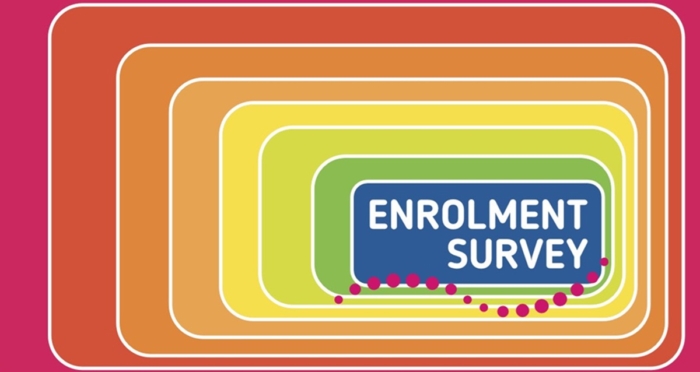We keep you informed about the latest policy changes, news and events through regular email Bulletins, our website and guest blogs, as well as through access to the exclusive members’ area of the EPC website and targeted briefing events. Click through the tabs below to explore some of our blog highlights from June 2024 to July 2025 . Or see older blogs.
Catherine Elliott shares key insights from the Engineering Council’s AI Working Group, exploring the impact of AI on education programmes and professional registration. The group’s findings include twenty recommendations for students, HEIs, and professional bodies.
Click here to read more.
Poggy Murray Whitham, Co-Chair of InterEngineering, part of EqualEngineers, discusses the new platform for diversity networking and why it is needed.
Click here to read more.
Jessica Upton is a former EPC Data Fellow and has just landed her dream job. She tells us how the EPC opportunity has jump started her career.
Click here to read more.
The EPC and E-DAP launched the Deaf Awareness Toolkit, providing practical guidance for engineers to build inclusive skills and improve accessibility. The toolkit helps foster better communication, participation, and outcomes across the engineering community.
Click here to read more.
Professor Voicu Ion Sucala explains why the Research Excellence Framework (REF) is important for engineering research.
Click here to read more.
This blog explores neurodiversity in education and engineering, highlighting initiatives and strategies to create more inclusive, supportive environments.
Click here to read more.
As part of the Neurodiversity Week 2025 guest blog series, Dr Jo-Anne Tait highlighted approaches to addressing stress and anxiety in neuro-inclusive assessment.
Click here to read more.
As part of the Neurodiversity Week 2025 guest blog series, UWE Bristol’s Dr Vanda Papafilippou shared her team’s recent findings on neuro-inclusion in the energy industry..
Click here to read more.
This guest blog reflects on World Engineering Day 2025, exploring how engineering excellence can drive progress toward the UN Sustainable Development Goals. It highlights the role of engineers in creating a sustainable, responsible, and thriving future.
Click here to read more.
In follow up to the Data dive workshop series, EPC Policy and Research Director, Stella Fowler, explains how to get the most from the undergraduate admissions data published annually by UCAS if you want to dive further in than the EPC Data explorer allows.
Click here to read more.
The EPC’s Stella Fowler guided us through the Engineering data as at the UCAS January deadline, highlighting why a 14% increase in applications might not translate into more bums on seats. EPC analysis of previous admissions data highlights a ceiling effect on Engineering places available.
Click here to read more.

At the EPC, we believe that inclusivity should be embedded into the heart of engineering education. One of the key areas where this is essential is supporting individuals who are deaf or hard of hearing. We are proud to be a supporter of the The Engineering Deaf Awareness Project (E-DAP), a pioneering initiative established by Dr. Emma Taylor, focused on making Deaf Awareness a standard practice within engineering, both in academia and industry.
Click here to read more.
Elsevier’s James Harper wrote a valuable guidance article for the Engineering Ethics Toolkit on Why information literacy is an ethical issue in engineering. We got together with him to discuss this further.
Click here to read more.
The Engineering Council’s Catherine Elliott rallied EAN members to share their insights on AI with the Engineering Council’s Artificial Intelligence Working Group to inform the next review of Engineering Council Standards in the contexts of professional registration and recognised (approved or accredited) programmes.
Click here to read more.




